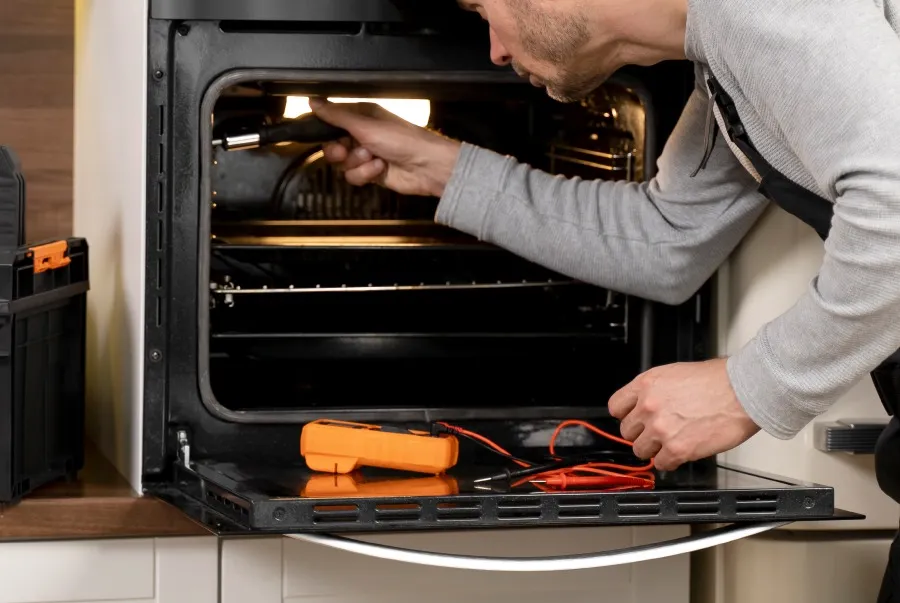Service FAQs
At Spring Power & Gas, we want customers to find full satisfaction with all of our services. To enable us to better serve you, here are some answers to a number of different frequently asked questions (FAQs):
Spring Power & Gas serves residents in the following locations:
- Maryland- BG&E (Baltimore Gas & Electric), Washington Gas and PEPCO areas.
- New Jersey- ACE, JCP&L, New Jersey Natural Gas, and PSE&G areas.
- Pennsylvania- PECO area
To become a customer with Spring Power & Gas, simply call us toll-free at 1-888-710-4782. Just give us your utility account number (it’s on your utility bill), and we can easily switch you to our program and we’ll take care of things for you from there on.
Following the application process, there will be one last bill from your past provider with supply charges, but the month after that you will start to receive a single monthly bill from your utility company, with Spring Power & Gas as your supplier now.
Once you have been approved, your commodity service will start on the next available meter read by your utility, which may take from one to two billing cycles. Fortunately, there is no fee from Spring Power & Gas for switching, and most other utilities don’t charge for switching. You will also continue to use the same meters, pipes, and wires as before. Additionally, please note that, whether you choose Spring Power & Gas or a competitor, you will continue to receive reliable and secure delivery services from your utility company.
The exact billing process will vary depending on the utility company you are signed up with, but you can usually find the specific options on the utility companies’ websites. Please note that you will only receive a single bill from your utility company, with the supply charges from Spring Power & Gas included in the bill. You can also pay by the same means as before switching, such as online.
No, we do not guarantee any savings. Our fees may be above or below the local distribution company (LDC), and you should not expect our past and current prices to determine our pricing in the future.
In the case of a power outage or suspected gas leak, please contact your local utility company to report the issue. If you are unsure what number to call, refer to your invoice for the utility’s phone number.
Energy Abbreviations/Acronyms
There are a number of different abbreviations and acronyms for various energy terms, so if you’re confused about any terminology, please refer to the guide below:
- Board of Public Utilities (BPU)- The New Jersey BPU is a state agency that has the authority to oversee utilities and ensure proper services at reasonable rates for New Jersey consumers. It also oversees utility services and responds to customer complaints.
- kWh- Kilowatt-hour, the standard unit of measurement for electricity and what you use to measure your energy cost. 1 Kilowatt-hour equals 1,000 Watt-hours.
- LDC- Local distribution company, referring to the local utility company responsible for providing electricity and natural gas.
- Pennsylvania Public Utility Commission (PA PUC) – The Pennsylvania Public Utility Commission is a state agency charged with overseeing regulated utilities and ensuring proper services at reasonable rates for Pennsylvania customers. It also monitors utility services and responds to customer complaints.
- PJM- Pennsylvania, Jersey and Maryland Interconnection, a regional transmission organization (RTO) coordinating wholesale electricity movement throughout much of Delaware, Illinois, Indiana, Kentucky, Maryland, Michigan, New Jersey, North Carolina, Ohio, Pennsylvania, Tennessee, Virginia, West Virginia and the District of Columbia. PJM acts as an independent, neutral third party to guarantee high-voltage electricity grid services in those areas, while being overseen by an independent board.
Other Common Terms
Still confused about some of the terminology? Here are some other definitions for terms you may come across:
- Choice Program- The freedom of commercial and residential users to select suppliers besides standard utility companies.
- Consolidated Billing- A billing option where a single bill merges all of the charges from different service providers. The bill is distributed by a utility providing delivery service and may include supply chargers if a customer is enrolled with a supplier.
- Energy Supplier- A company that obtains electricity, natural gas, or renewable energy supplies from the wholesale market and proceeds to sell said supplies retail to consumers. This is different from local utilities, as energy suppliers don’t own or operate the actual transmission systems.
- Deregulation- A reform in states’ regulation of energy distribution when customers are able to purchase their electric or natural gas supply service from a supplier rather than the utility. While utility companies still have exclusive control over power delivery, there are now multiple, competing brands for the supply, including Spring Power & Gas. This enables consumers to select from different options and find the one that best suits their needs.






